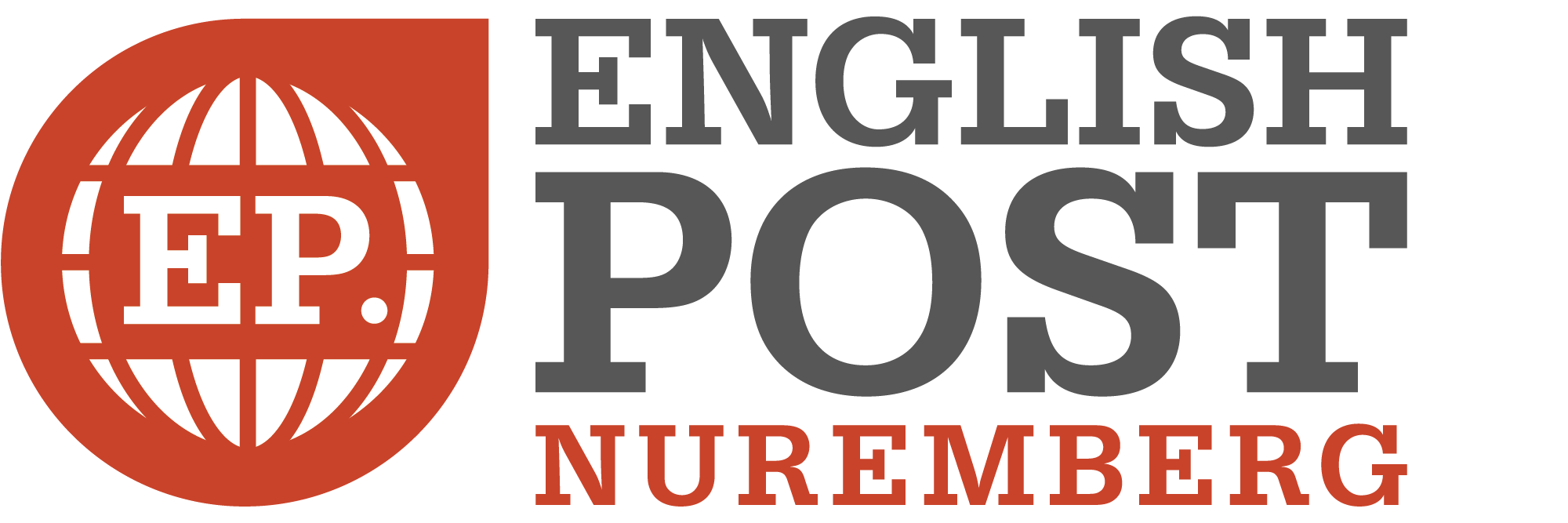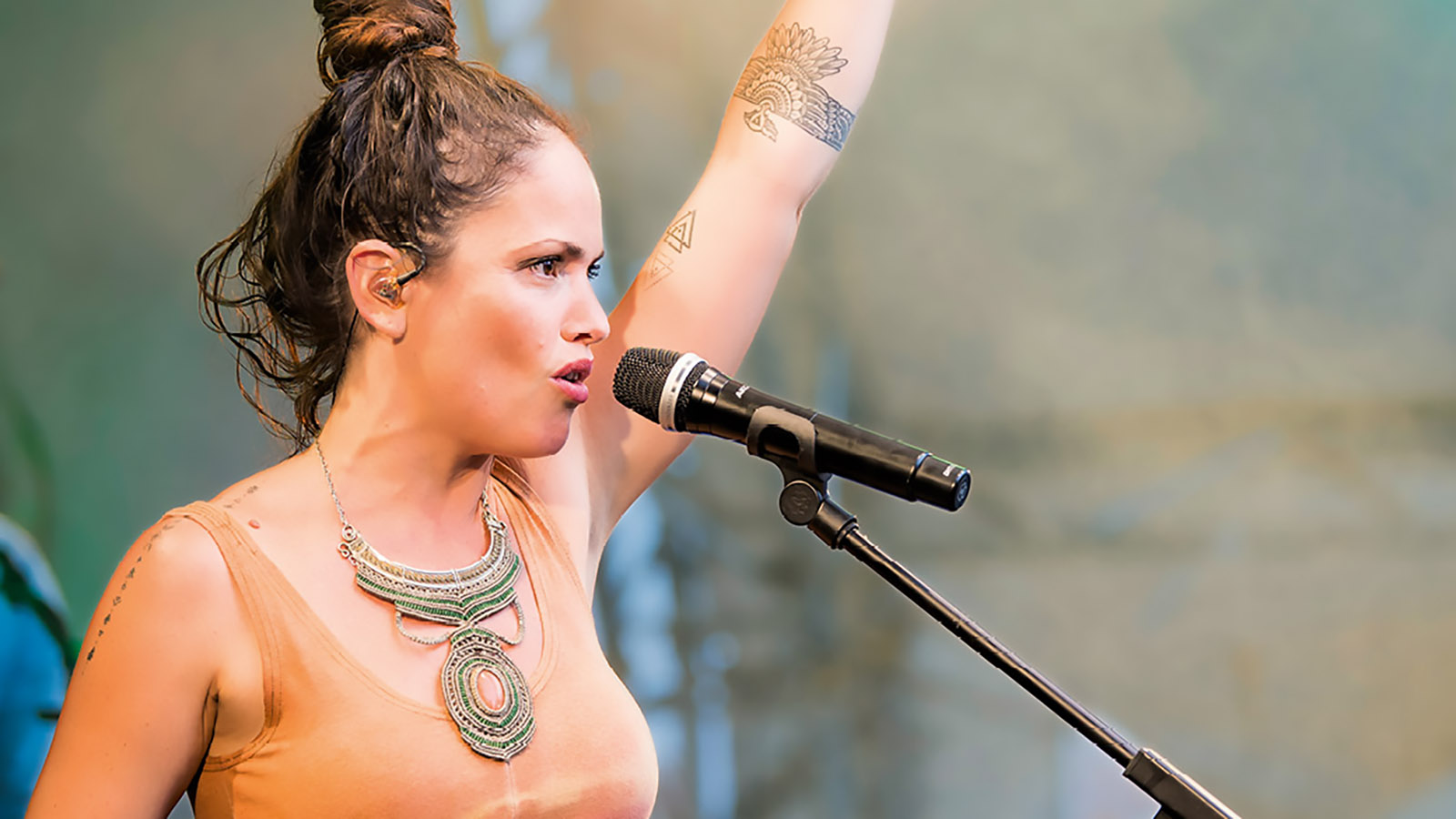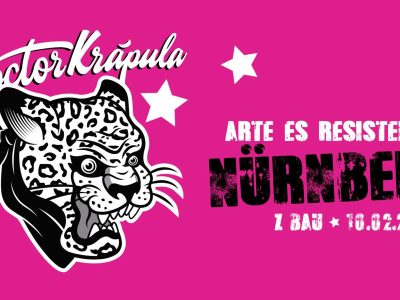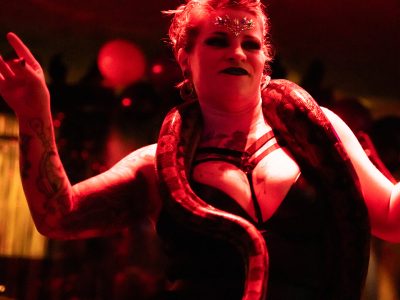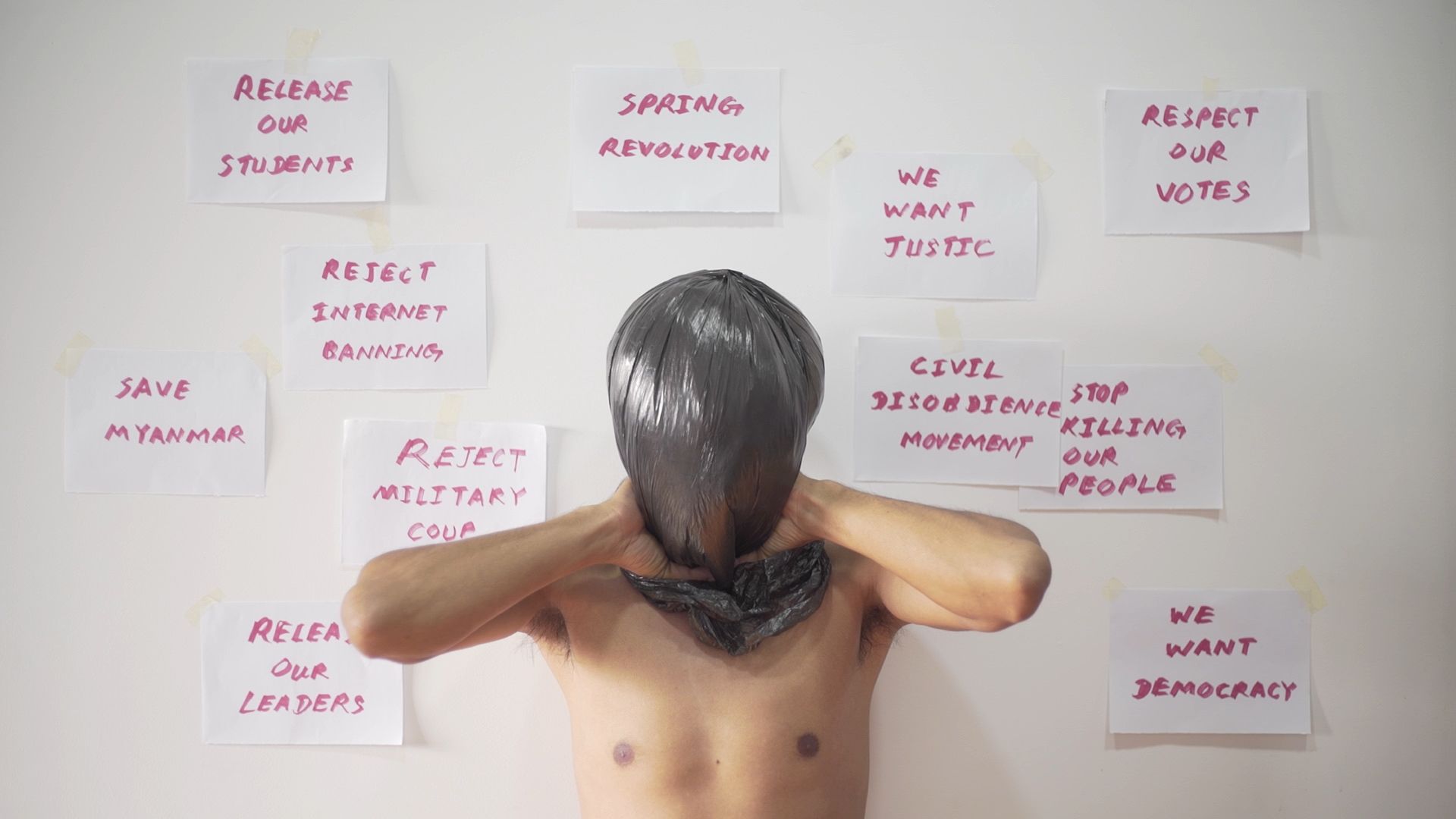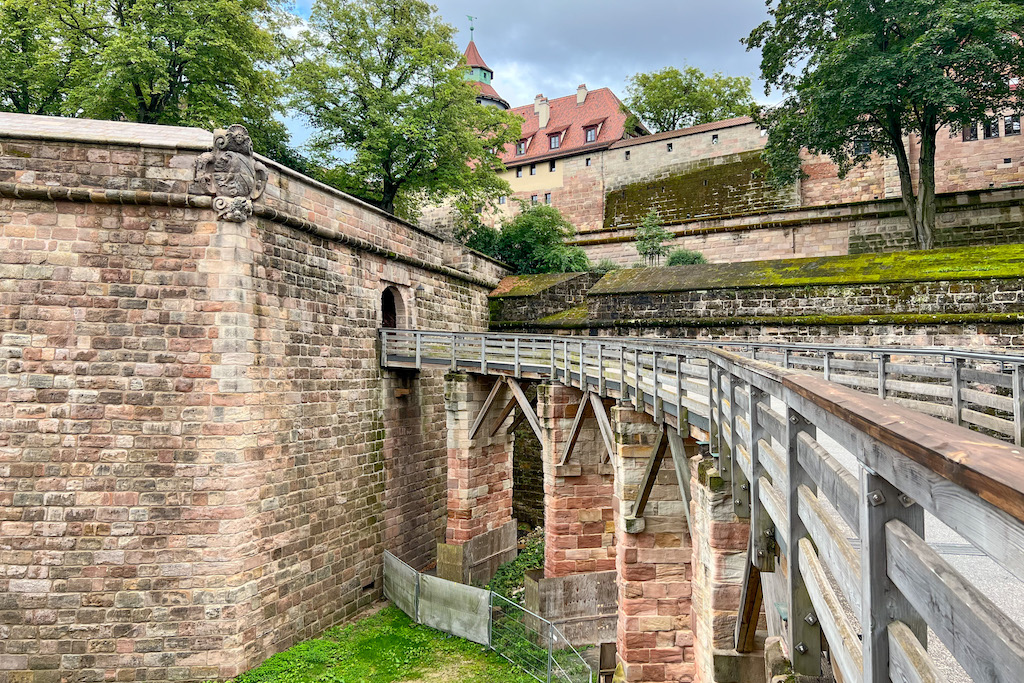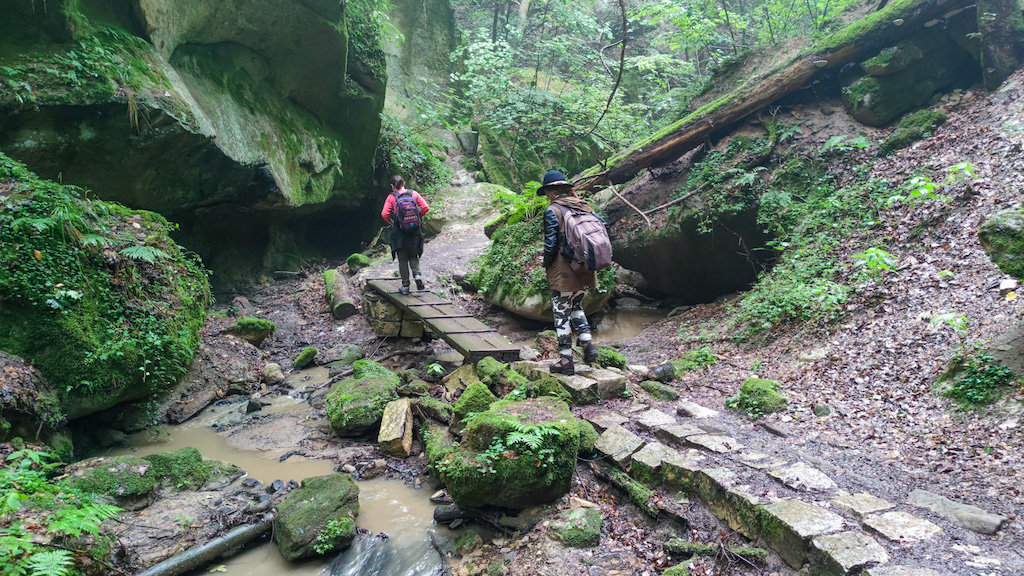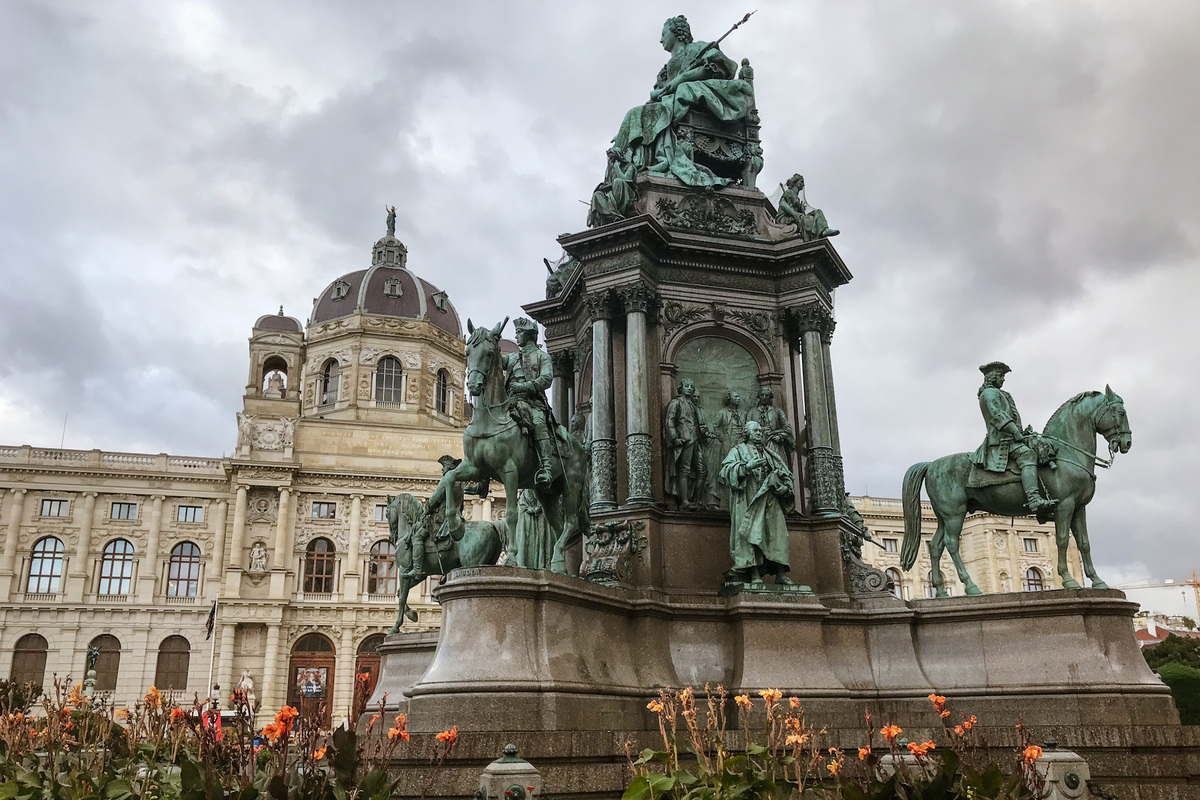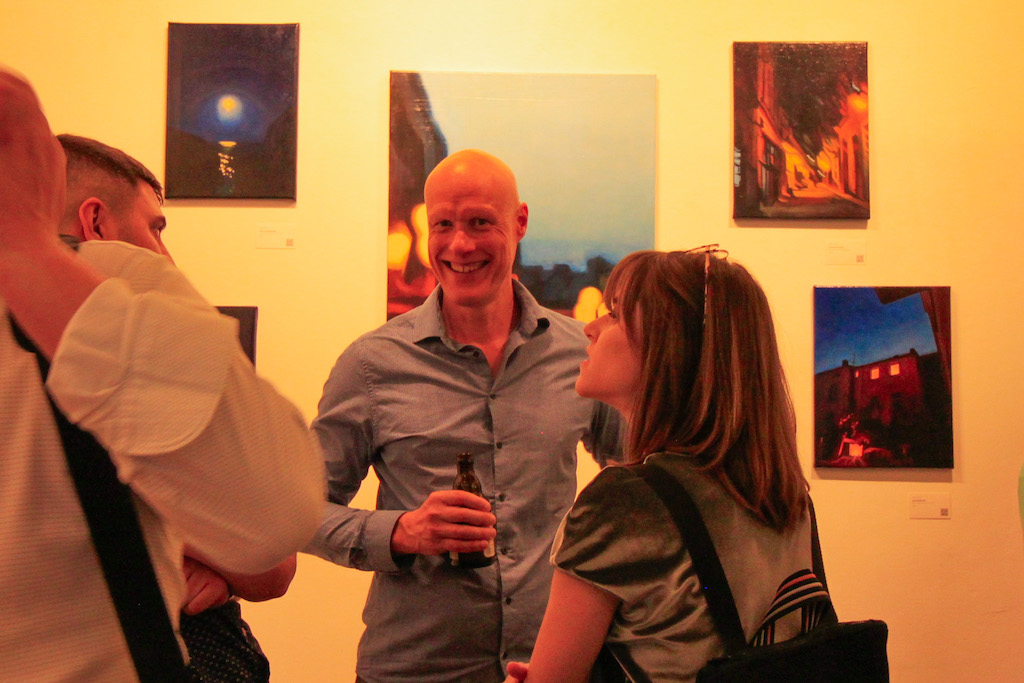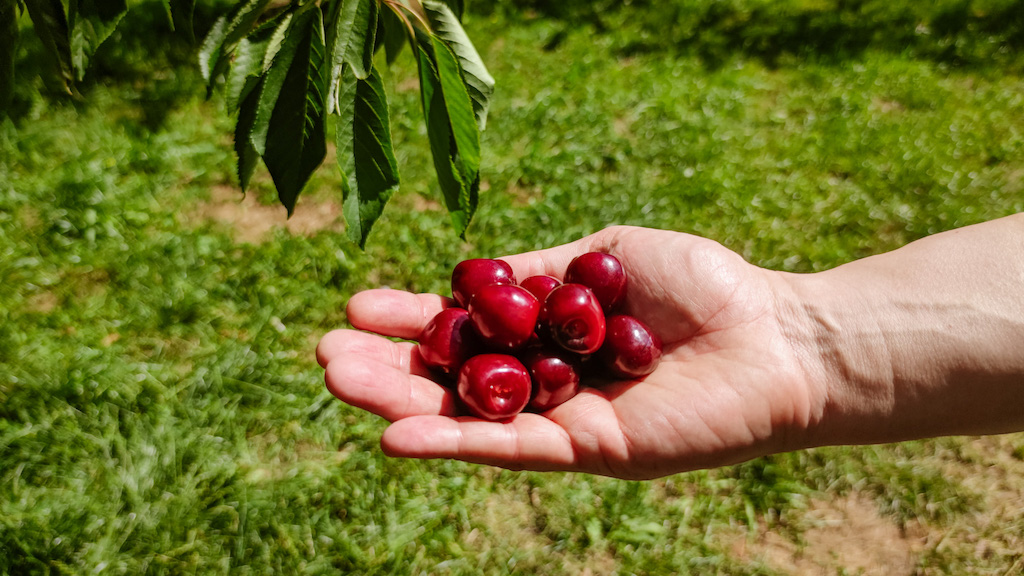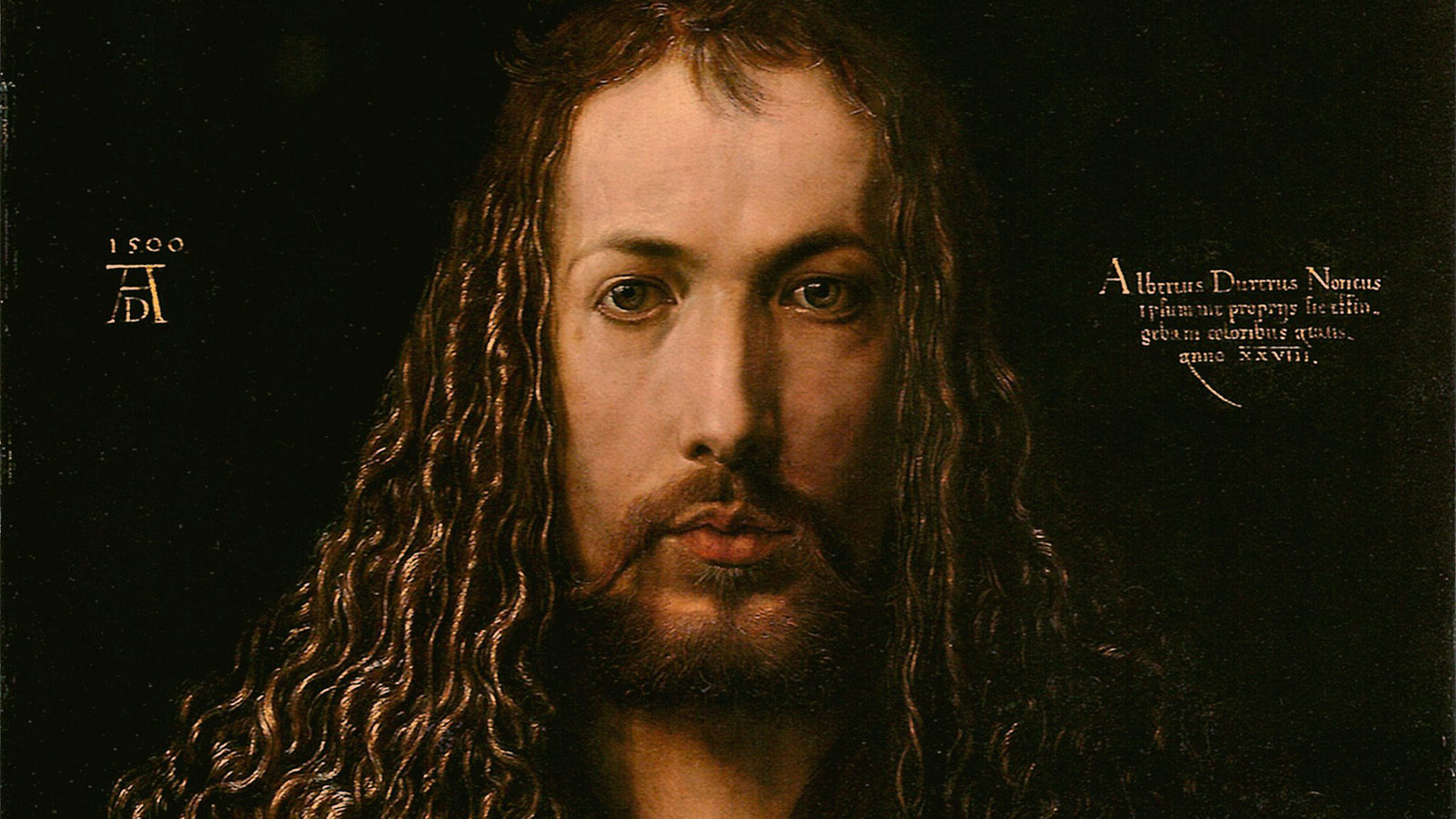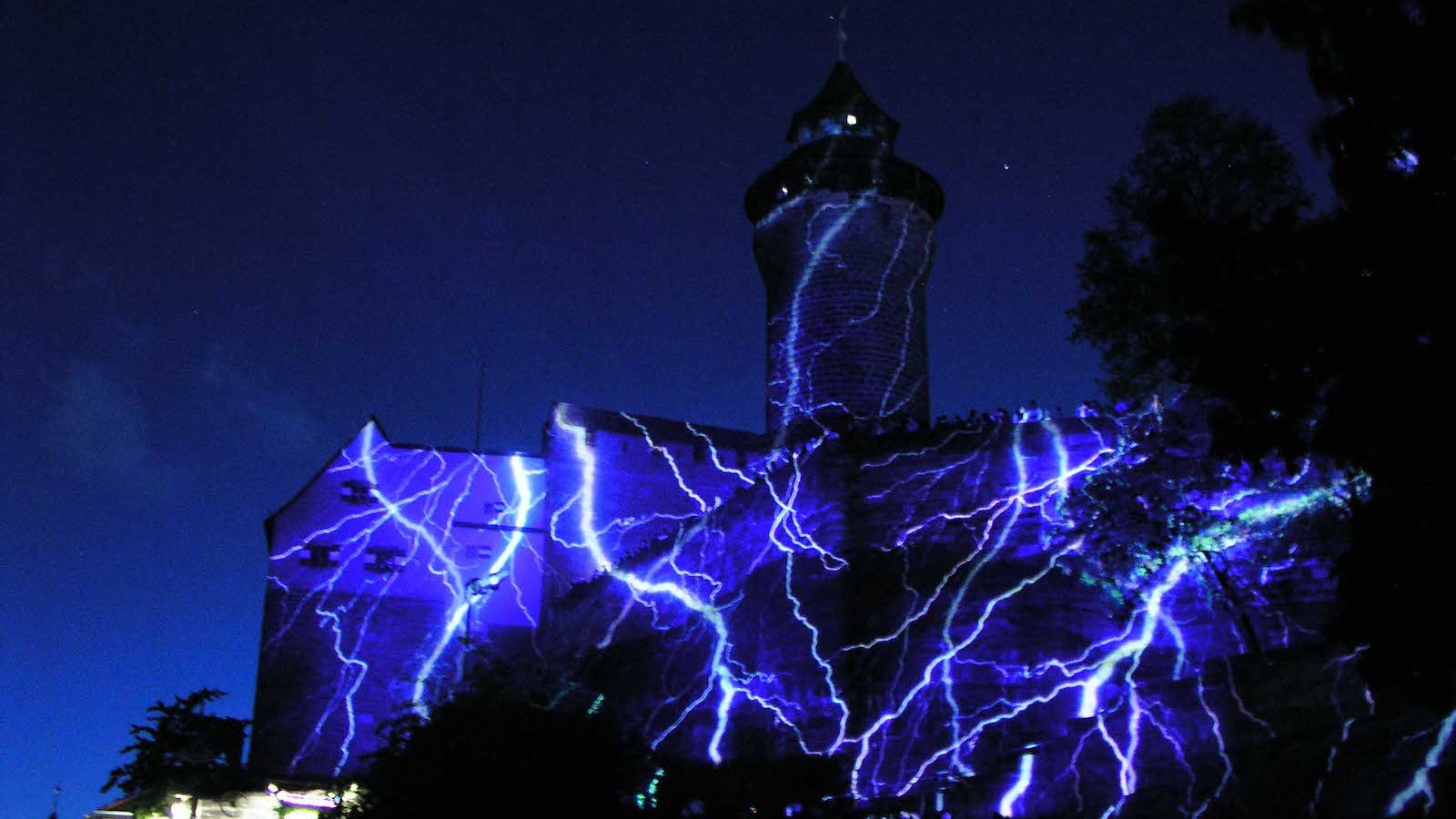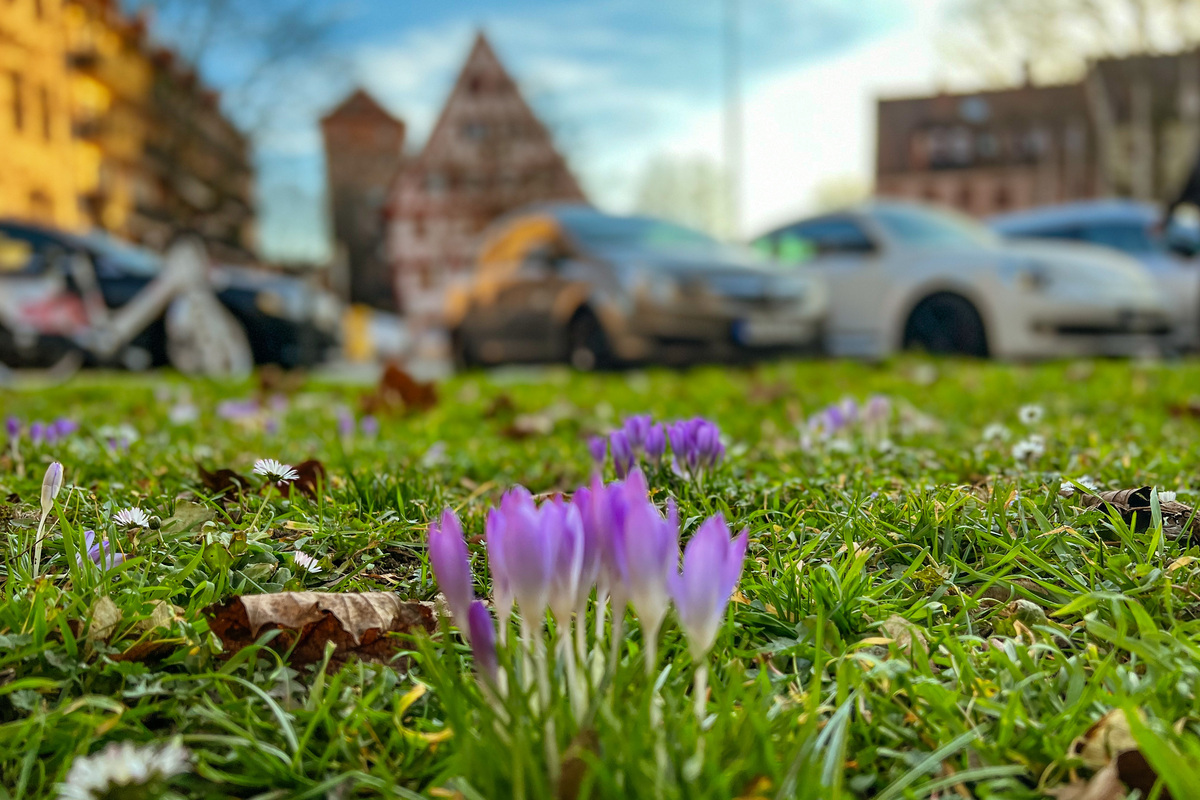What some call “Nuremberg’s fifth season” is upon us and brings with it nothing less than a paroxysm of sound, a musical banquet, an acoustic feast. You might think this weekend’s classic open-air concert performed by the Staatsphilharmonie Nürnberg at Luitpoldhain is pretty special, which it definitely is. Two weeks later, it will be complemented by a second performance by the Nürnberger Symphonikern at the same location. Sandwiched between these two concerts is also something exceptional, Nuremberg’s Bardentreffen, this year from the 29th to the 31st of July, which is unrivalled in Germany. Each year at the end of July, from Friday evening until Sunday evening, this open-air festival engulfs the old town pulling in crowds from far and wide. Nine stages situated around the town feature multiple performances amounting to a staggering 90 concerts over the weekend. With an average attendance of 200,000, the Bardentreffen is one of the best-known and most popular festivals of its kind.
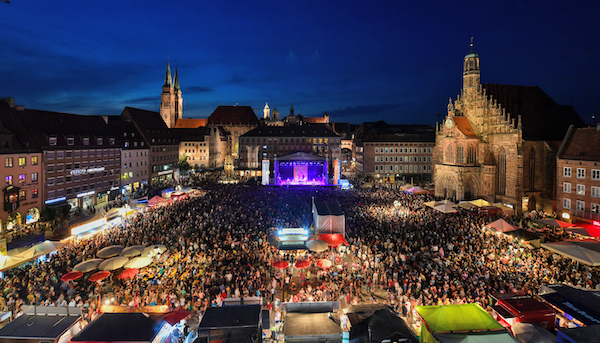
Bardentreffen at the Main Square in Nuremberg
Photo: Berny Meyer, courtesy of Stadt Nürnberg/Projektbüro im Kulturreferat
Bardentreffen literally translates as “Meeting of the Bards”. Now in English, some might think of “the bard” Shakespeare. For others, a “bard” might bring to mind an ancient Celtic composer reciting an epic or heroic poem while playing the lyre. According to “Duden,” that “bible” of the German language, it can also mean “an author of songs and ballads critical of the times and society, who performs his songs himself to the accompaniment of a guitar.” At Nuremberg’s Bardentreffen, “Bards” (songwriters and bands from all over the world) often young and still unknown talents, perform on several stages.
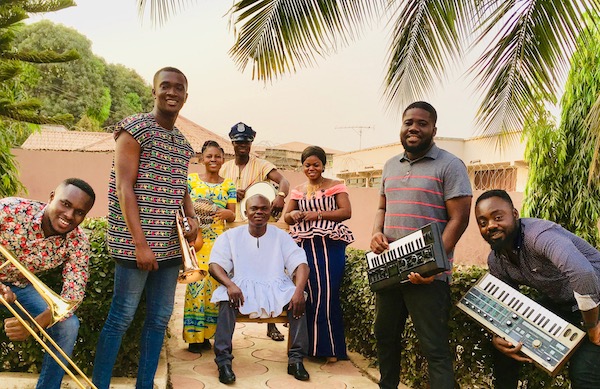
Alogte Oho and His Sounds of Joy, Sunday 3pm, Hauptmarkt
Photo courtesy of Stadt Nürnberg/Projektbüro im Kulturreferat
The first modern Bardentreffen took place in 1976, commemorating the 400th anniversary of the death of Hans Sachs, the famous “Meistersinger” and shoemaker. Initially, love songs and songs of the political left dominated, crinkles may stir a little when names such as Franz Degenhardt and Hannes Wader are mentioned. This was another era, no—another world, when songwriters and their musical instruments performed not just using poetry and humour but also with caustic social criticism. For better or for worse, those days are gone, although one of these old-guard, Konstantin Wecker, now 75, is still performing around Germany today. Today, the Bardentreffen has adapted to a changed world and become a more multicultural festival of international musicians and has established itself as an important venue for professional and amateur bands from around world. Traditional folk music still endures along with trends and experimental music. However, any band taking part has to mix their own vocals and instruments. Instrumental only or cover and tribute bands are not allowed.
An additional aspect which gives the festival another dimension and intensity are the many unofficial amateur musicians playing on diverse street corners. The official venues, which stretch across the whole of the old town, are the following:
Hauptmarkt (Main Market Square)
Insel Schütt (Island in the river Pegnitz, upstream from the town centre)
St. Katharina (Old church/monastery ruin near the city library)
Lorenzer Platz (behind the Church of St. Lorenz)
Sebalder Platz (next to the Church of St. Sebaldus)
Kreuzigungshof (intimate and picturesque venue with just 300 seats in the open courtyard of the late medieval Heilig-Geist-Spital, which spans one side of the river)
Trödelmarkt (Island downstream of the town centre with small shops with a village-like atmosphere)
Street Music Stage (Karolinenstr.)

Yael Deckelbaum (Israel), Saturday 5.30pm, Insel Schütt
Photo courtesy of Stadt Nürnberg/Projektbüro im Kulturreferat
The organisers insist there is a political aspect to the festival this year too, with stances against discrimination, social injustice and for equal rights, peace, and freedom. The theme for 2022, following the two year break due to the pandemic, is ‘Strong Voices’. Vocal chords will be prevalent, from throat singing to beatboxing. The organisers are also hoping to stimulate audiences to partake in crowd singing.
The festival begins on the first Friday of the Bavarian school holidays. Entry is free, the event being financed by the city of Nuremberg and various sponsors. A German language program booklet can be purchased for €5 from bookshops or ordered online. There is no English printed version, but a comprehensive guide in English is provided online here:
A silver instrument pin can be ordered from the website www.bardentreffen.nuernberg.de for a donation of €5 or more. Proceeds go to support the refinancing of Bardentreffen and contribute to future festivals being free of charge.
